President Masoud Pezeshkian left Tehran for New York Sunday morning at the head of a diplomatic delegation to attend and give a speech at the 71st Session of the UN General Assembly.
The presence of Iranian presidents in UN meetings has always been one of the most important topics in the last weeks of September. With all its dimensions, this trip has received the attention of many local and foreign media due to current challenges between Iran and some Western countries.
Pezeshkian is the seventh Iranian president traveling to New York to attend the largest gathering of world officials at the United Nations General Assembly meeting. Each of the Iranian presidents faced a challenge or a range of challenges every time they attended this meeting. Iran's 14th president will not be an exception to this rule.
Pezeshkiam will set foot on US soil while Iran's relations with the West, especially the US are still one of Iran's main challenges in the field of foreign policy. However, in the last two years, these relations have faced a level of complexity that it is not easy to predict the trends.
The relations between Iran and the West are currently facing three intertwined mega-issues which include the war in Ukraine, the war in Gaza, and the case of sanctions lifting negotiations.
To shed more light on the opportunities that President Pezeshkian's visit to New York can provide him to advance his foreign policy approach, we reached out to Kazuto Suzuki vice dean and professor of international politics at the Public Policy School of Hokkaido University, Japan.
Regarding the “energy diplomacy” that the Iranian President can use during his visit to New York to increase Iran’s share of the energy market, Prof. Suzuki believes that there are two ways for President Pezeshkian to this end, adding that one way is to expand the network of non-Western countries such as BRICS and SCO member states and the other way is indirect contact with the US administration to restart talks on revised JCPOA.
He said that the time is not right for the second way to increase Iran’s share of energy because the upcoming US presidential election may change everything.
Referring to the developments in West Asia, and the Western countries' claims about the transfer of Iranian weapons to Russia and the US upcoming presidential election that may overshadow the goals of Iran’s new government foreign approach to improving relations with the West and balance the country’s foreign policy, he said that the US and its allies are afraid of Iran’s direct participation in the regional tensions, so Iran can use this as a bargaining tool and opportunity, adding that President Pezeshkian can also argue that there is an open and transparent transfer of arms and ammunition from North Korea to Russia, but there are no additional sanctions.
He noted that Iran can argue the problem of equities and prejudice regarding Iran-Russia military cooperation.
Prof. Suzuki believes the US Presidential election may be the trickiest issue because if Mr. Trump is elected, everything will be changed.
He also believes the most important issue for President Pezeshkian is to find an entry point to the nuclear talks.
Interview by Payman Yazdani


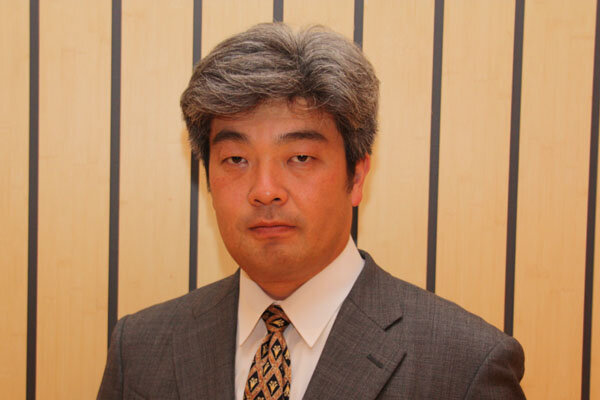





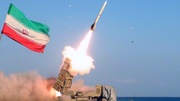
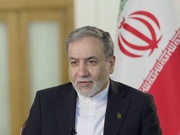
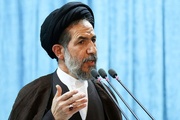
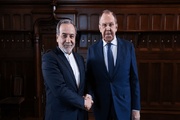









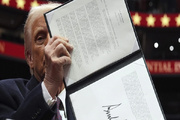
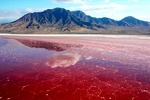
Your Comment